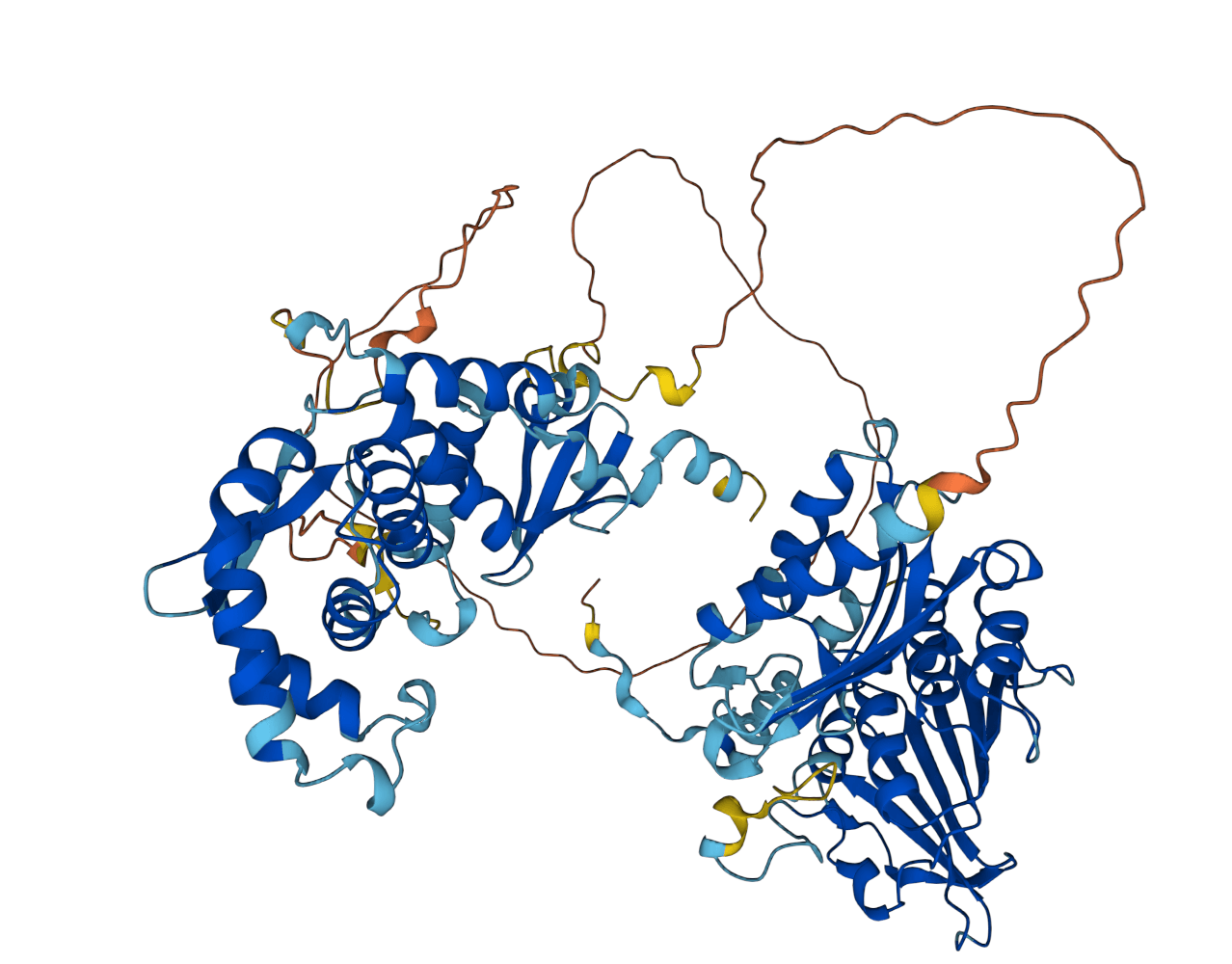Social media at its best...
In a grand international collaboration, researchers from the Department of Biology participated in testing the suitability of protein structures predicted by a new artificial intelligence system, called AlphaFold, for their use in a broad range of applications. The results were recently published in the highly acknowledged scientific journal, Nature Structural and Molecular Biology.
What do you do if you are studying similar topics and can see the clear benefits of a joint effort across the scientific community?
Social platforms have become breeding grounds for fruitful scientific collaboration between otherwise unconnected researchers spread all over the world.
Assistant Professor Amelie Stein from the Department of Biology, UCPH explains: “We were already in the process of testing how well our modelling methods worked on the AlphaFold structures, when we heard about the joint study suggested by Associate Professor at EBI (now ETHZ), Pedro Beltrao. Pedro’s idea was to round up all the exiting results that had been shared on social media by numerous research groups since AlphaFold was first launched. It’s such a fast-moving field right now and we were happy to join the collaborative effort so that others could read about and benefit from our findings.”

The Nature Structural and Molecular Biology paper: A structural biology community assessment of AlphaFold2 applications brought together researchers from 18 institutes in 11 countries, working on evaluating AlphaFold predictions in various fields; the study of characteristic structural elements, the impact of missense variants, function and ligand binding site predictions, modelling of interactions and modelling of experimental structural data.
The joined effort proved that the AlphaFold predictions were as good as structures based on experimental data, emphasizing the enormous potential of the new technology.
You can read more about the exciting findings in the Research highlight of EMBO
Topics
Contact
Associate Professor Amelie Stein
Computational and RNA Biology
Department of Biology, University of Copenhagen
Mail: amelie.stein@bio.ku.dk
Mob.: +45 2991 3981
Sidsel Kretzschmer Henriksen
PR & Communication
Department of Biology, University of Copenhagen
Mail: sidsel.henriksen@bio.ku.dk
Mob.: +45 2970 7092
Amelie Stein is supported by:
